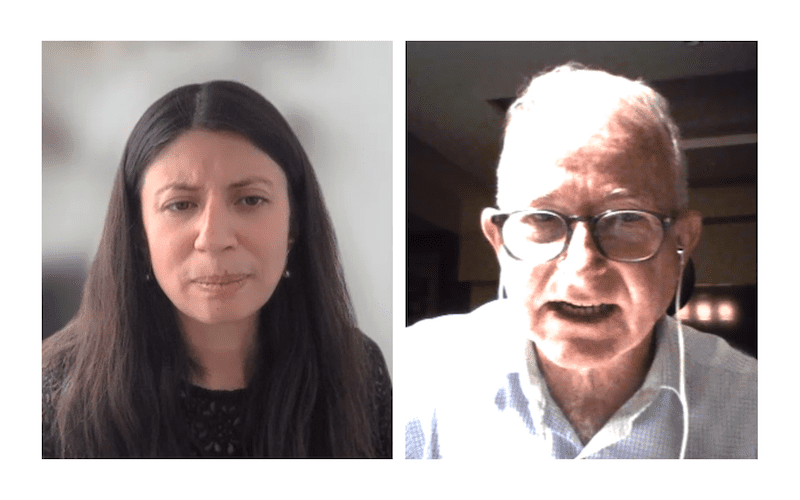Leading Afghan and international experts discussed developments in human rights law before and after 2021
On 4 May 2022, the Afghanistan Legal Research Network of the Max Planck Foundation hosted its latest symposium. Presentations and discussion focused on the past, present and future of human rights protection in Afghanistan and included as keynote speakers Shaharzad Akbar, the former Chairperson of the Afghanistan Independent Human Rights Commission, and Richard Bennett, UN Special Rapporteur on the situation of human rights in Afghanistan.
Dr. Shamshad Pasarlay and the Head of Project for Afghanistan at the Foundation discussed human rights in Afghanistan’s constitutional history and stressed the importance of affording space for an inclusive dialogue on the interaction between Islam and human rights in practice.
Shaharzad Akbar reflected on the recent trajectories of human rights law in Afghanistan and their possible course after recent ruptures. She problematised the coupling of human rights discourse with that of the war on terrorism and the ways in which it limited the former’s resonance inside Afghanistan.
UN Special Rapporteur Richard Bennett took stock of the mechanisms at the disposal of the international community in efforts to promote human rights protection but emphasised that international mechanisms must create space for Afghans to speak in their own voice while simultaneously making assessments and recommendations for the international community.
Dr. Saeed Lutforahman closed the subsequent discussions with a brief submission on the need to seek a peaceful dialogue including all voices of Afghan society using the language of Islam.
In view of the theme of a dialogic approach, the Afghanistan Legal Research Network embodies a commitment to keeping thoughtful and informed conversation alive in an effort to bringing together academics and practitioners with an active interest in legal developments in Afghanistan.
The event was part of the project “Afghanistan and the Rule of Law After 2021: Legal and Social Developments”, funded by the German Federal Foreign Office.

